Diesel – the lifeblood of Nigeria’s productive sector – still remains beyond reach, not only of the ‘common man’ but also of major industrial players. With the umpteenth hike in pump prices, many businesses, especially small and medium-scale enterprises now grapple with the hard choices of folding up or managing the added costs to production.
No doubt, power supply is a major consideration in industrialization. Unfortunately, despite the huge market that population offers to investors, lack of or epileptic electricity supply has remained a serious impediment to foreign investments and industrialization in Nigeria. Regardless of the huge amount spent on power sector reforms, the perennial incapacity to solve the problem of electricity despite promises by successive governments means that businesses depended on alternative sources of energy for sustenance.
With a population of more than 210 million people, Nigeria currently, generates less than 4000 megawatts (MW) of electricity, a pittance when compared to South Africa’s 58,095 MW with a much smaller population of 61 million. Likewise, Egypt with a population of 106 million people also generates more than 58000MW. What this means is that while other countries in Africa celebrate years of uninterrupted power supply, Nigeria’s Generating companies (GENCOS) and distribution companies (DisCos) can hardly guarantee three steady hours of power supply a day. Some parts of the country spend weeks without a flicker of electric power.
Join our WhatsApp ChannelFaced with the damning reality, government agencies and businesses resort to power generating plants for their daily operations. Unfortunately these generating sets must be big enough to carry the ‘industrial power’ required for manufacturing and therefore have to be diesel-powered. Embarrassingly, even the PHCN and the Nigerian Electricity Regulatory Commission (NERC) primarily saddled with the responsibility of ensuring efficient and stable power supply rely on alternative sources, specifically diesel-powered generators.
Kerosene (DPK), despite being the cheapest among all the three petroleum by-products of Nigeria’s main natural resource – Crude oil – kerosene, petrol (PMS) and diesel (AGO) – petrol receives greater government attention, understandably because a lot more Nigerians are connected with direct usage of petrol than they are with diesel. An average Nigerian makes use of petrol on a daily basis and the majority of them have enough time to complain, enough ‘access’ to the social media and prompt for the organized labour to act. This explains why they easily galvanize support against prize hike, subsidy removal attempts and petrol scarcity. Thus, until the current administration of President Muhammadu Buhari, governments have always been sufficiently pressured to stabilize the pump price of PMS at the current market price of N165.
As important to life and economy as they equally are, the scenario has not been the same for kerosene and diesel, which currently sell at N700 and N800 per litre respectively. According to the National Bureau of Statistics’ year-on-year (y-o-y) estimation, average retail price per litre of Household Kerosene (HHK) increased by 62.63 percent from N362.68 in April, 2021 to N589.82 in April 2022. A common trajectory shows that the prices of diesel increased from N237.19 in April 2021 to N654.46 in April 2022, representing a 175.92 percent rise on a year to year projection. There has been a further increase from N654.46 in April to N800 in June 2022.
Unfortunately, these two economy and household-driving products have not received as much media attention for many reasons. Kerosene is predominantly used by the very low-income earners who may lack the resources for organized protests, even access to the social media. They stew in their own poverty! On the flip side, the popularity of the cooking gas has further reduced the appeal for kerosene. Diesel on the other hand is utilized by those in the productive industries as well as those in the service industries such as hotels, banks, insurance, transportation, and so on. These big organizations can afford to purchase diesel at whatever cost and therefore may not see the need to constantly demand for subsidy on diesel.
The deregulation of kerosene and diesel suggests the removal of subsidy on these products, which by implication means that market forces other than the government now determine prices. In other words, the prices of these product cannot be uniform across the country.
We do hope that the government understands the critical importance of diesel to Nigeria’s economy especially at a period that it seems that the government has given up on electricity generation? The cost and availability of diesel has implications on production, distribution and prices of goods in the market. For instance, trucks that supply fuel and food items to the nooks and crannies of the country do so with the aid of diesel. Therefore, even the availability of fuel in filling stations is affected by the availability of diesel. Despite the provision for equalization fund, the current fuel scarcity in Abuja, Nigeria’s Federal Capital Territory may be linked to the availability of diesel, because the equalization policy is a fertile ground for corruption. We are sure that the government understands that this forms part of the reasons for the diversion of tankers laden with petrol meant for some hard-to-reach States to nearby States. Our investigation also seems to suggests that some petrol tanker explosions or fire are linked to this same phenomenon.
On the other hand, the hyperinflation Nigeria is facing is attributable to the value of the Naira to the Dollar. Available data from the Nigerian Bureau of Statistics (NBS) reveals that Nigeria’s inflation rate currently stands at 17.71 percent from 16.82 percent in April. It is therefore worrisome that the country has been experiencing double digit inflation since 2016 which has amounted to a steady rise in the cost of goods in the market.
In addition to the exchange rate that affects the prices of commodities, the cost of fueling the production of goods and services is embedded in the prices of products in the market. Thus, where the consuming public who are mostly affected by high prices are not able to patronize some products as a result cost, the organizations that could not cope with this trend have either folded up or drifted to other countries, with the implication that the government suffers losses in form of tax. It is a circle.
It is in view of the foregoing that, we believe that, the introduction of special tax for cigarette, sugar sweetened beverages and alcohol is needless. Increment in tax cannot be justified at a time citizens are grappling with high cost of living. The argument in support of such high tax regime predicts a reduction in the consumption of such products and by implication mitigation of their harmful effects on consumers, especially as it affects obesity and diabetes. We wonder the rationale behind government’s support for the production, importation or distribution of a product considered harmful to its citizens and then a turn around to discourage its patronage. Such tax regime is ill conceived because hike in prices has never been a deterrent for addiction. A typical example is the ban on tramadol and the high price its illegal sale attracts. It is still in high demand among the youths.
Prime Business Africa believes that the main purpose of government is to make life easier for the citizens. A thinking government will therefore create employment by creation of industries or a conducive atmosphere for businesses to thrive and not the reverse.
As a critical economic factor, the government must watch the skyrocketing price of diesel. The geometric rate at which it increases means that economic activities can be jeopardized. That is, when the situation becomes unbearable as it has become, it’s either companies can’t produce, or they produce what the masses cannot afford. On this note, the government must rethink the deregulation of diesel in order to ensure that it is available and affordable to users.


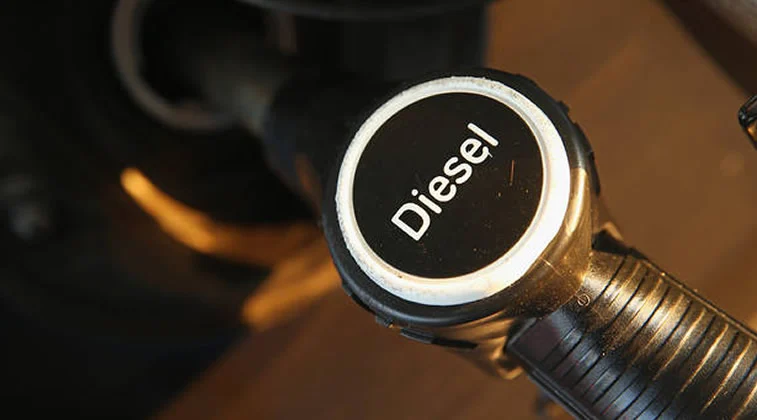
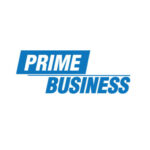
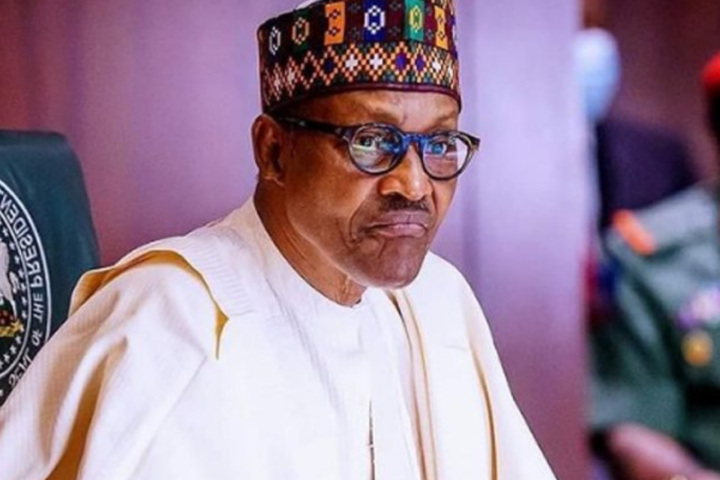
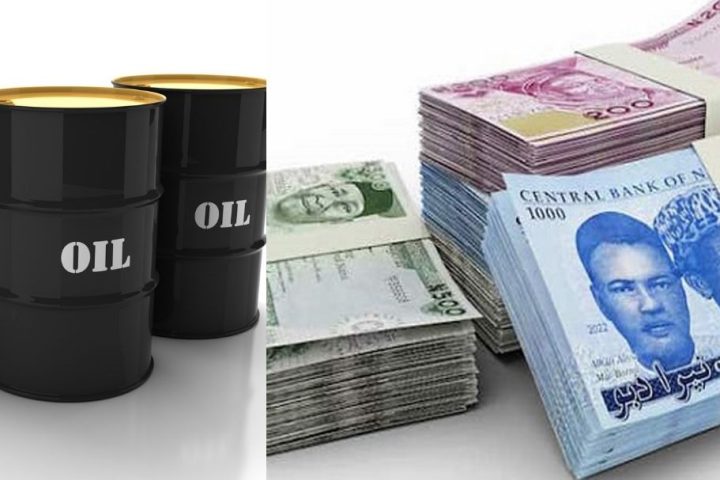
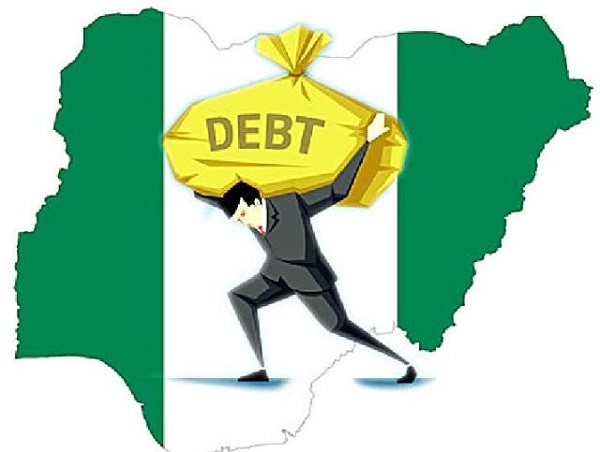









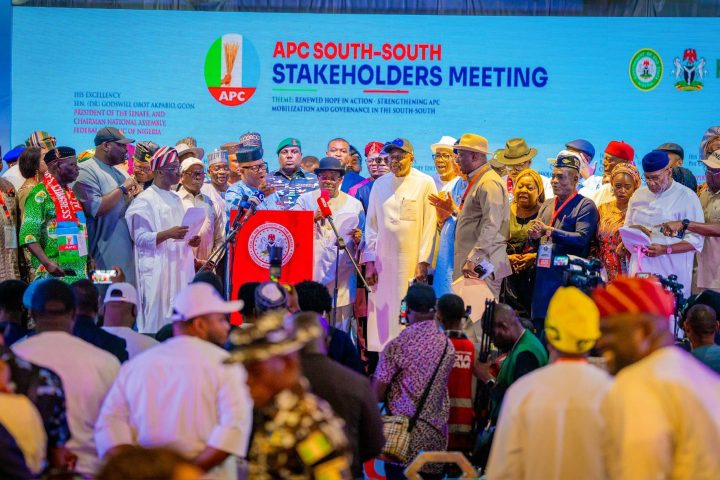

Follow Us